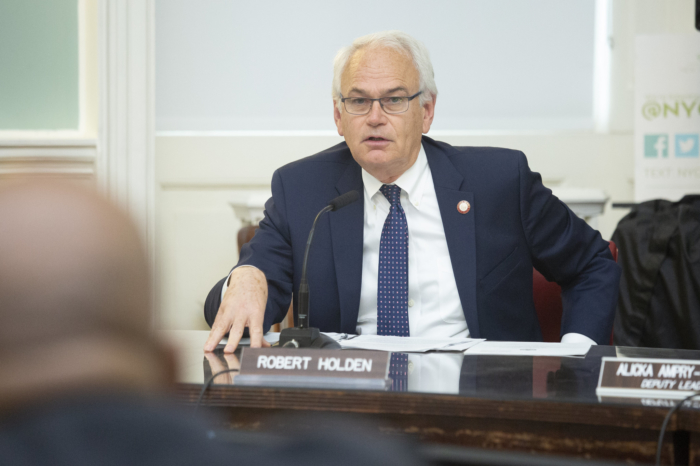Tom Allon
There are some problems in society that are irrefutable and also relatively easy to fix. We sometimes fool ourselves by saying that these issues are petty or that they will require too much disruption to address.
That’s a shame when it comes to teenage sleep deprivation, because millions of our youth are struggling through adolescence and our leaders could easily ameliorate the issue with a stroke of the pen, some intelligent programming, and a reorienting of centuries-old agrarian practices.
I am the parent of two teenagers and a 20-year-old and I have witnessed first hand what many scientists are now pointing out is an avoidable epidemic: chronic sleep deficits in high-school students.
New research shows that the circadian rhythm of most teenagers prevents them from falling asleep before 11 or even 11:30 p.m. because of hormonal changes. Gone is the ordered schedule of a 9 or 10 p.m. sleep time, which allowed our youngsters and preteens to get nine to 10 hours of sleep before awaking for an early start time for school.
These hormonal changes are compounded by an overloaded after-school schedule for many teenagers, coupled with a few hours of homework each night. Consequently, our teens typically average only 6-8 hours of sleep during weeknights, a full 1-3 hours less than what doctors say is optimal for brain function and for cognition and fine motor skills. In places where teens start driving to school their junior or senior year, studies show that children who have less sleep are 40 percent more likely to crash their cars than their better-rested peers.
So, here in New York, what can we do?
It’s quite simple: move the start time for all high schools to at least 9 a.m. (ideally, since most kids commute an average of a half-hour, we’d shift to 9:30 a.m., but that may be too late to accommodate a full school day and after-school programs). This extra hour each day would allow teens to get an extra hour of sleep and they will function better, retain more of their studies and also be healthier, both physically and mentally.
This would also be a better system for working parents because their kids would be getting home an hour later. Also, it would be better for our overtaxed transit system, because it would stagger teens morning commutes behind the busiest period of rush hour, and they would presumably also go home later than peak travel times at the end of the day.
Our new mayor just accomplished a truly transformative reform by adding a new grade to our K–12 public school system — universal pre-K.
But now he and Chancellor Carmen Farina can do something very swiftly to help the other end of the education spectrum: our high-school students.
With absenteeism and graduation rates still at unacceptable levels, this “Start the School Day Later” reform will undoubtedly lead to higher test scores, better graduation rates, and better mental health in our overly-stressed adolescents.
So, let’s finally change the school start time from an agrarian imperative to a 21st century scientifically improved one — 9 a.m. for all.
It’s time to wake up (later) and smell the coffee — 9 am start times will improve the quality of life of our teens, our working parents and our transit system.
Tom Allon, president of City & State NY, was a Republican and Liberal Party-backed mayoral candidate in 2013 before he left to return to the private sector. Reach him at tallon@cityandstateny.com.





























